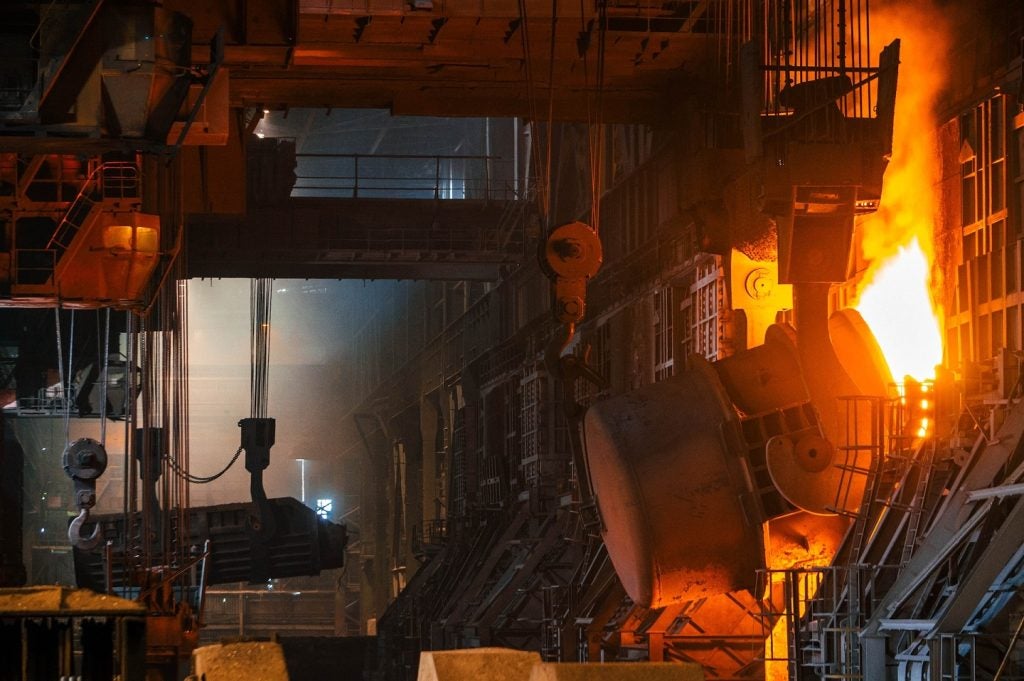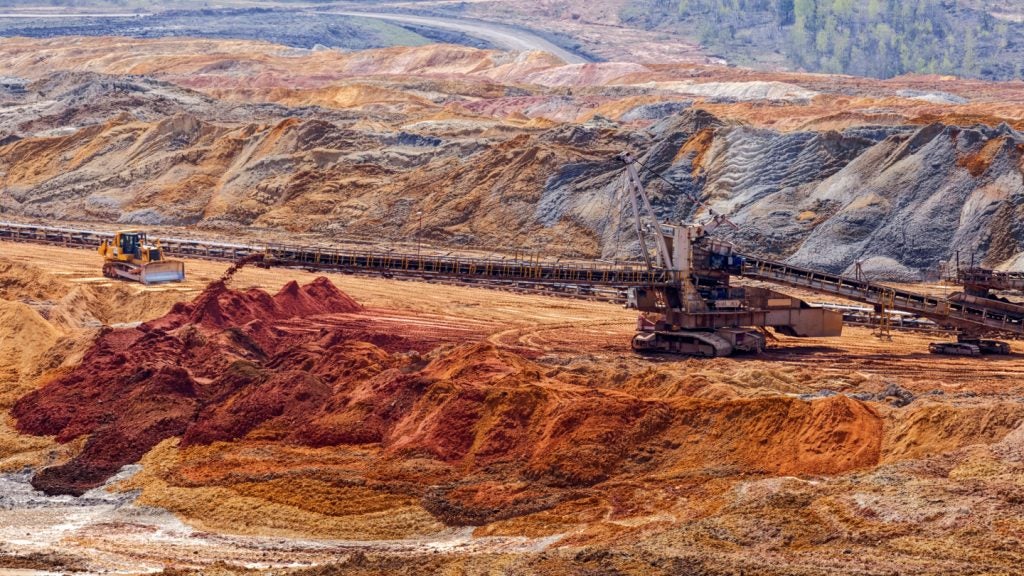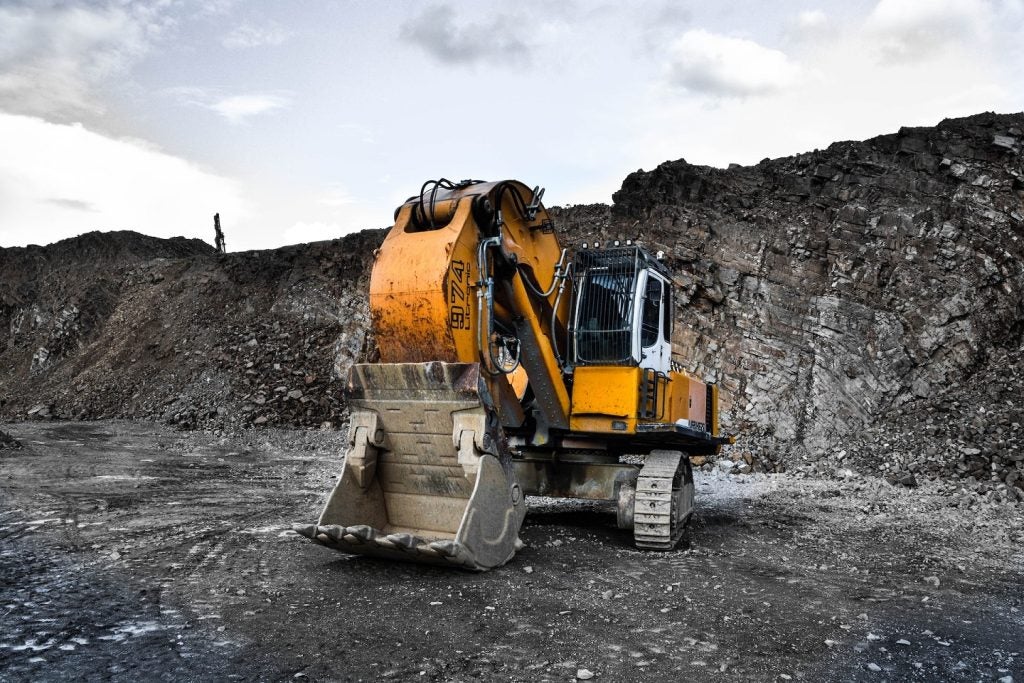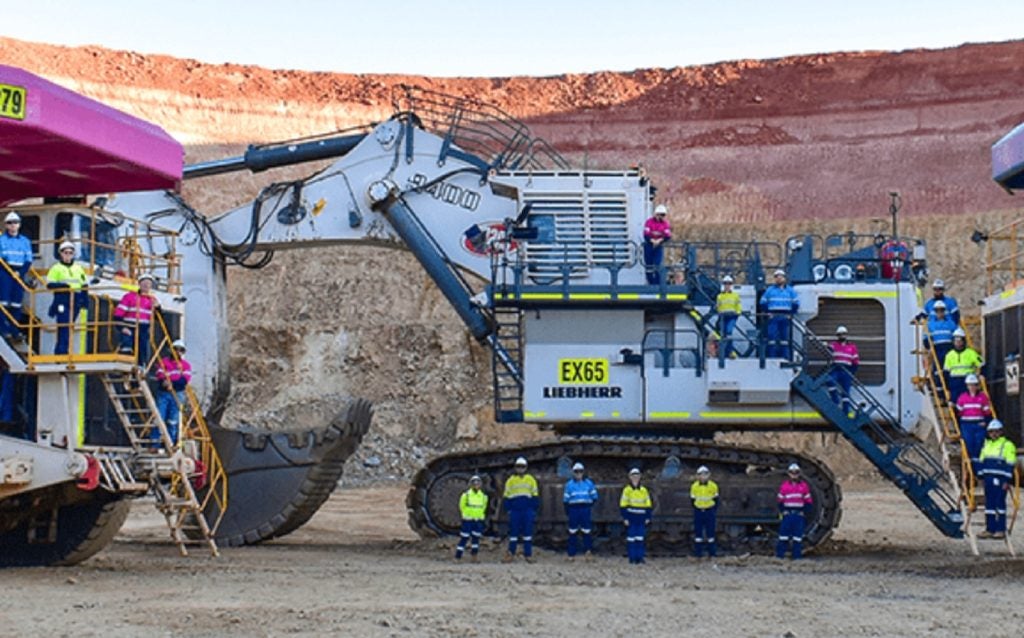India's Tata Steel has signed a memorandum of understanding (MoU) with Germany's SMS group to collaborate on technology to reduce carbon emissions from the steelmaking process.
Under the MoU, the two companies will hold technical discussions and demonstrate an SMS-developed decarbonisation technology at a blast furnace in Tata's Jamshedpur plant in Jharkhand, India.
The demonstration is aimed at reducing more than 50% of carbon dioxide (CO₂) emissions from the blast furnace's baseline operation.
SMS group’s electric-assisted syngas smelter (EASyMelt) technology is designed for implementation at existing integrated steel plants to accelerate decarbonisation.
The technology leverages blast furnace top gas recycling for syngas production via coke oven gas reforming. The syngas is later injected at both shaft and tuyere level, with the gas injected at the tuyere level being further heated using a plasma torch system.
SMS group CEO Burkhard Dahmen said: “We are very proud to team up with a major steel producer like Tata Steel and look forward to our future interactions as well as the possibility of achieving a first joint reference for our EASyMelt technology.
“This will represent a significant milestone for the decarbonisation of existing blast furnace plants worldwide and thus also a significant milestone in the global transformation of steelmaking.”
In November 2022, Tata Steel signed an MoU with SMS group to collaborate on projects and technology pertaining to green steel and decarbonisation.
Tata Steel CEO and managing director Narendran said: “Tata Steel is actively looking for solutions to facilitate the transition to green steel production, and thus contribute to a sustainable future.”
By 2045, Tata Steel aims to achieve net-zero carbon emissions while contributing to India's efforts to shift towards industrial decarbonisation.















